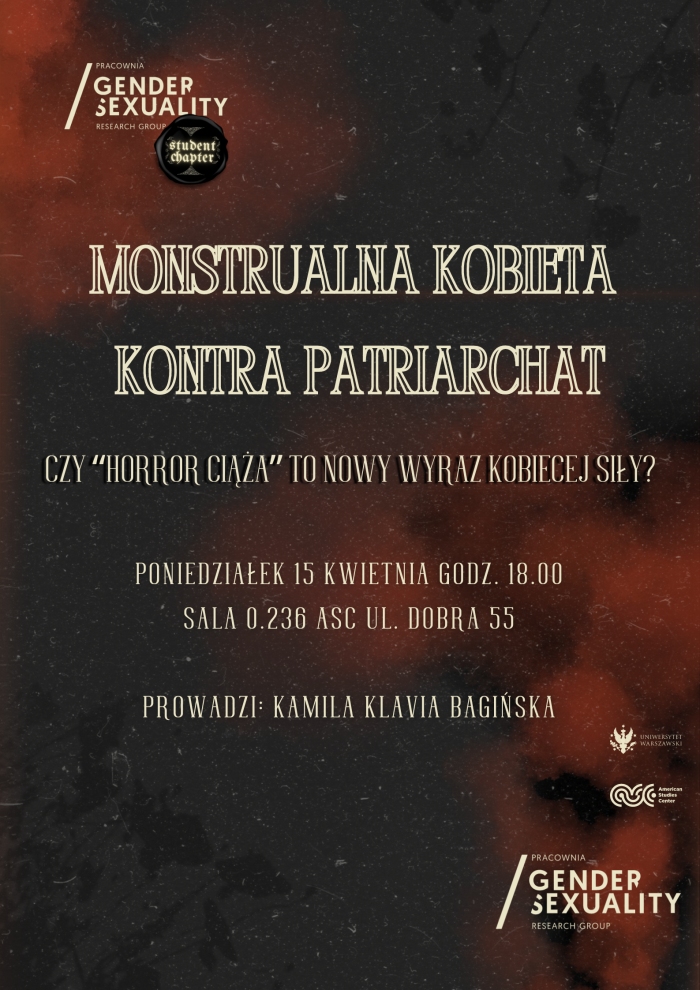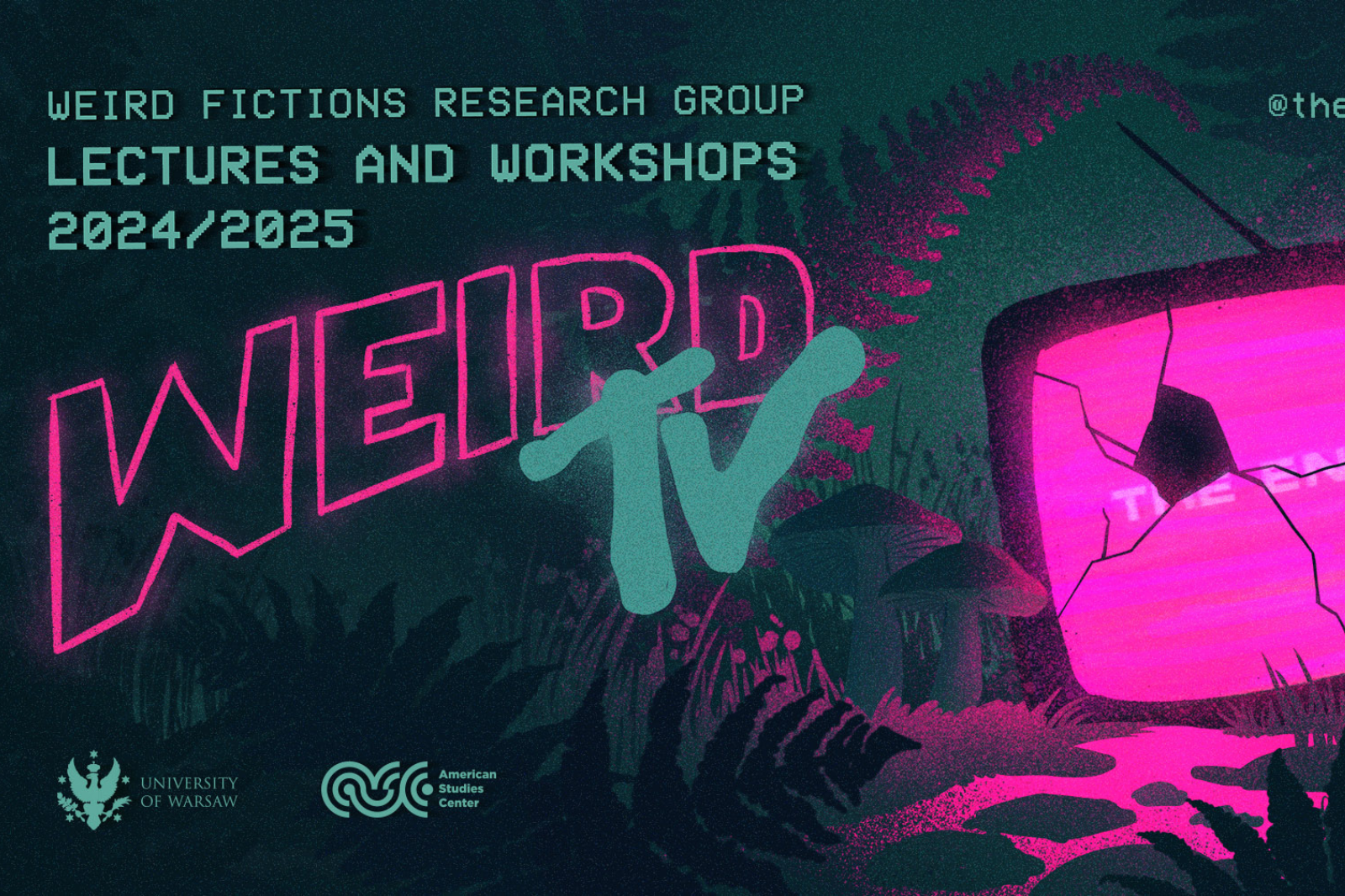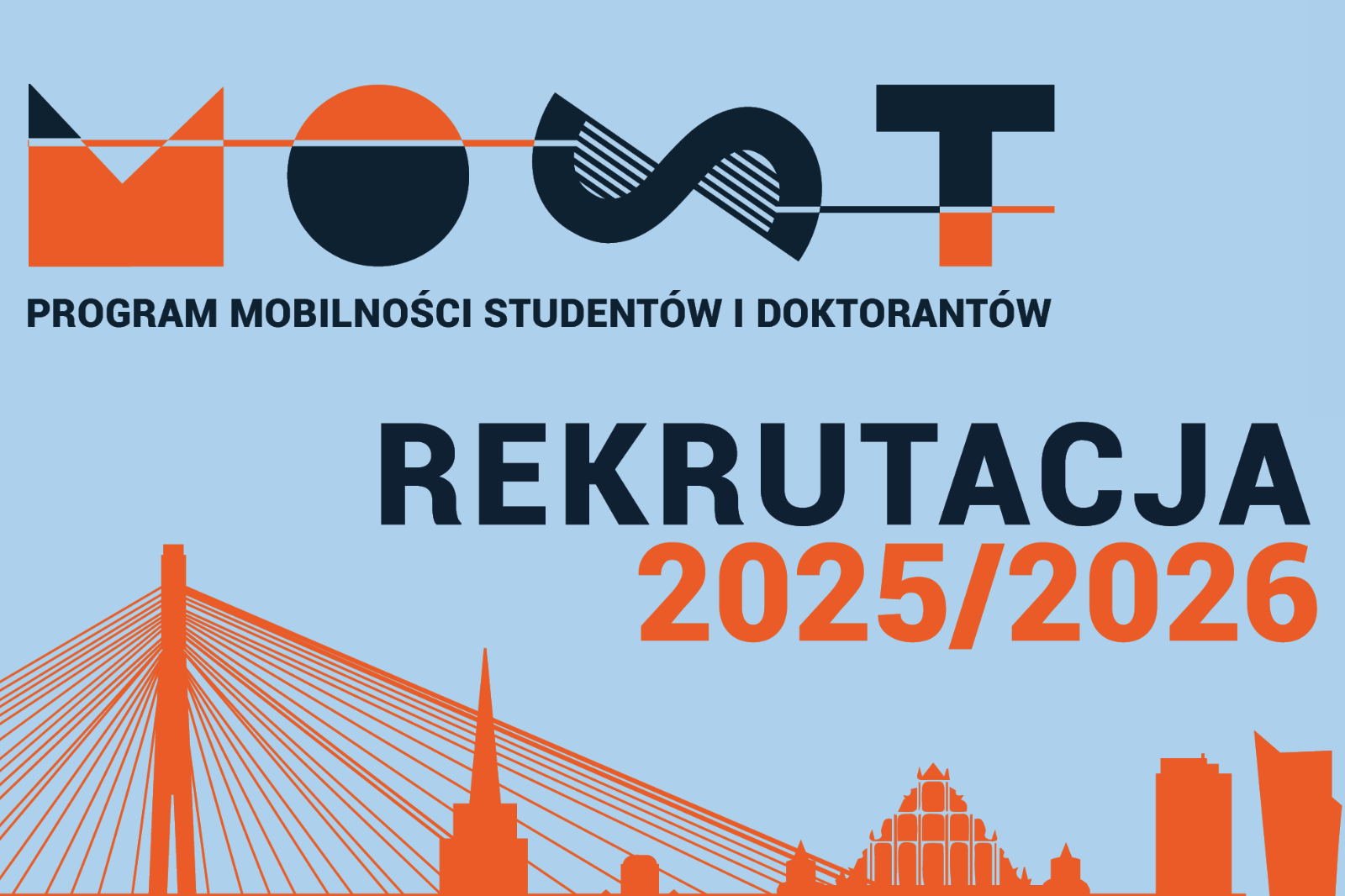Ośrodek Studiów Amerykańskich i Sekcja Studencka Pracowni Gender/Sexuality zapraszają na spotkanie zatytułowane
Monstrualna Kobieta kontra Patriarchat: Czy “horror ciąża” to nowy wyraz kobiecej siły?
Poniedziałek, 15 Kwietnia 2024
18:00
Dobra 55, sala 0.236

Drogie Osoby Studenckie,
serdecznie zapraszamy na kolejne wydarzenie Sekcji Studenckiej Pracowni Gender/Sexuality!
Od słynnego “Dziecka Rosemary” z 1968 roku motyw monstrualnej ciąży eksplorowany jest do dziś przez twórców filmowych. Pomimo fali negatywnych skojarzeń kobiecej seksualności z magią lub siłami paranormalnymi, motyw tzw. “horror ciąży” naradza się coraz to na nowo w różnych tekstach kultury amerykańskiej i przełamuje narzucony stereotyp “błogosławionego stanu”.
W celu przeanalizowania charakterystycznych elementów składających się na dyskurs o ciąży w patriarchalnych systemach, ważne będzie cofnięcie się do dualizmu stojącego u podłoży dyskusji o kobiecej seksualności. Na spotkaniu pochylimy się nad Freudowskim Madonna Whore Dichotomy XX wieku oraz kategorią “Dobrej” i “Złej” matki w odniesieniu do teorii Sarah Arnold z “Maternal Horror Film: Melodrama and Motherhood”. Teoria Freuda zostanie oceniona przez pryzmat feministycznych teoretyczek, które krytykowały seksistowskie ideologie leżące u podstaw jego prac, a włączenie perspektywy teorii filmowej XXI wieku na temat ciąży w horrorze ujawni krytykę dychotomicznych przedstawień seksualności, macierzyństwa i ciąży.
Na przykładzie “Dziecka Rosemary” (1968), “Obcego” (1979), czy mini-filmu “If I Can’t Have Love, I Want Power” (2021) stworzonego przez artystkę Halsey, dowiemy się, czy dekonstrukcja patriarchalnych wyobrażeń na temat ciąży jest możliwa oraz jak współczesna kultura audiowizualna odbiera dwoistość tożsamości, jaką dotknięte są ciężarne. Zastanowimy się także czy ciąża może być stanem, który przywraca niezależność jednostki i czy jednoczesne współistnienie zarówno monstrualnych jak i stereotypowo “kobiecych” cech może być nowym wyrazem siły.
Prowadzi: Kamila Klavia Bagińska
Data i czas: 15 kwietnia, godz. 18.00, ul. Dobrej 55, sala 0.236
Spotkanie będzie transmitowane online na naszym Facebooku.



